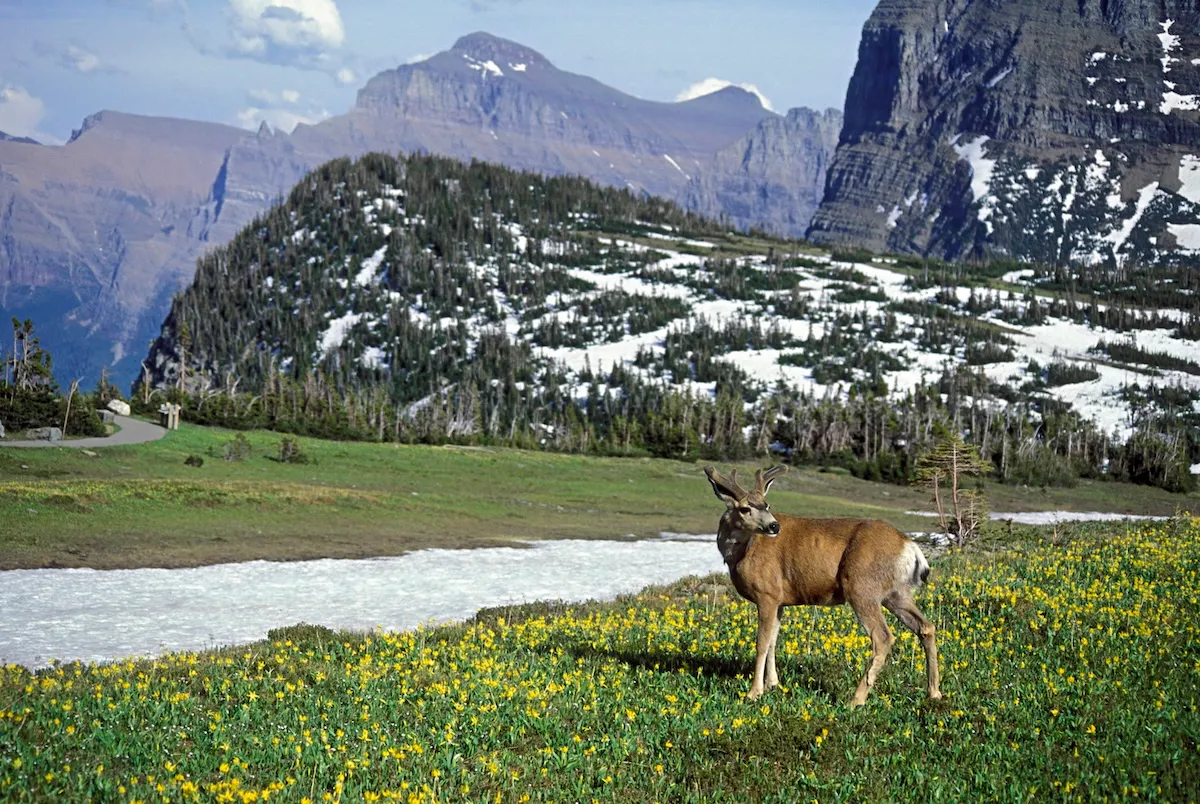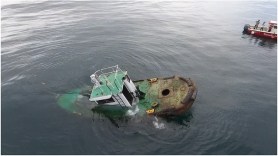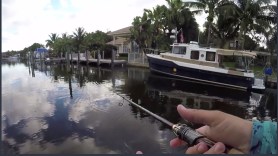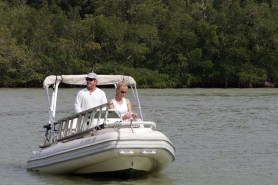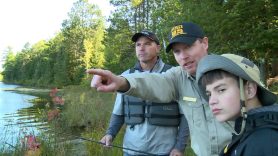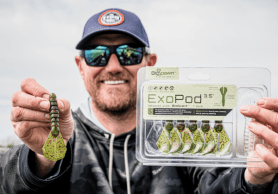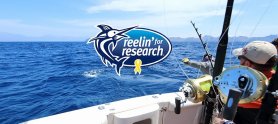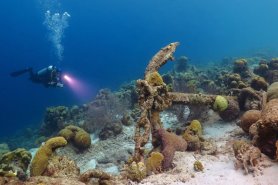

Springtime often brings incredible fishing. If you are looking for some warmer weather and some hot fishing, look no further than these three waterbodies in southern Utah during late March.
Videos by Outdoors
Otter Creek Reservoir, located in Piute County, is not only a state park with other great amenities like ATV trails, cabins for rent, and camping, but it is also one of the top rainbow trout fisheries in Utah. It’s a great spot where you can catch a lot of good-sized rainbow trout in a short amount of time. Otter Creek also offers smallmouth bass and wiper.
“The ‘ice-off season’ is a great time to fish because the water is beginning to warm up. When that happens, the metabolisms of the fish increase, and they start getting hungry,” Utah Division of Wildlife Resources Sportfish Coordinator Randy Oplinger said. “Hungry fish are more likely to take an angler’s bait and lures. And the ice is just starting to break up at Otter Creek, making it a great time to fish there.”
Because fish are hungry during “ice-off season,” almost any legal bait or lure can bring success. And if your tackle box runs low during your trip, the state park has bait and tackle for purchase in the entrance station.
“I’d recommend trying to fish near the edge of the receding ice sheet, as well,” Oplinger said. “If you have portable watercraft, like kayaks or float tubes, you can use them to stay near the receding ice sheet as it gets farther from shore. This also helps extend the ‘ice-off season’ for those who have portable watercraft.”
Minersville Reservoir
Located in Beaver County, Minersville Reservoir is notorious for being one of the best rainbow trout fisheries in Utah. And March is a great time to fish here. Along with rainbow trout, you can also catch smallmouth bass and wiper at the reservoir. Because Minersville is managed as a trophy trout fishery, you are only allowed to harvest one trout over 22 inches, and all fish under 22 inches must be released. Bait is not allowed at Minersville Reservoir.
“Rainbow trout grow and survive very well in both Minersville and Otter Creek reservoirs,” Oplinger said. “Both reservoirs provide the water conditions, food and habitat that are ideal for rainbow trout. Rainbow trout are quite popular because they are a species that is fairly easy to catch from shore. Both Otter Creek and Minersville have great shore access for anglers.”
Lake Powell
Lake Powell is a popular spot for boating and fishing, and offers a wide variety of warm-water species, including striped bass, largemouth bass, smallmouth bass, catfish, walleye and bluegill. The striped bass, in particular, are in great condition right now, making it a great time to get out and catch some hearty stripers.
Lake Powell offers some great amenities, including campgrounds and boat ramps; however, you should be sure to check with the National Park Service before planning a trip, as some of the amenities are seasonal and could still be closed in early spring.
You should also be aware of the requirements to clean, drain and dry any watercraft to prevent spreading invasive quagga mussels from Lake Powell to other waterbodies. To help prevent the spread of quagga mussels, after you are done boating at Lake Powell or anywhere out of state, you must do the following to decontaminate your boat:
- Clean: Boaters should wipe all water, mud, plant materials and other debris from their boat. In particular, make sure to inspect the anchor and sea strainer.
- Drain: Boaters are required to pull all drain plugs and leave them out during transport and storage after boating on Lake Powell. All water should be completely drained from ballast tanks, bilges and live wells. Boaters with outboard or inboard/outboard engines should drop the lower unit to drain those areas, as well. Also, flush and inspect the cooling intake or water system on the boat.
- Dry: All boats with ballast tanks, inboard engines or inboard/outboard engines retain water at all times. As a result, boats must remain out of the water for 30 days after a visit to Lake Powell before you can launch anywhere else in Utah, regardless of the time of year.
If you go to another lake or reservoir after visiting Lake Powell, your boat will be inspected again. If mussels are found, your boat will be decontaminated and may be quarantined.

